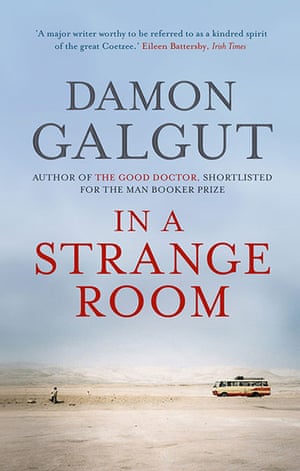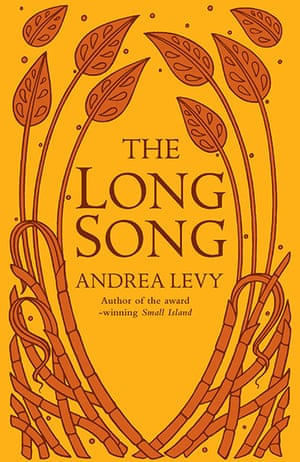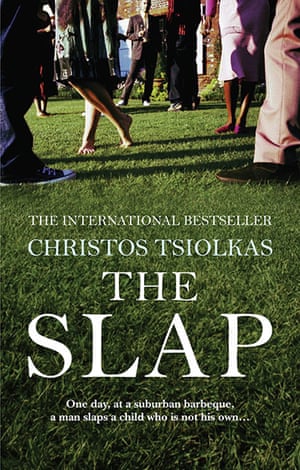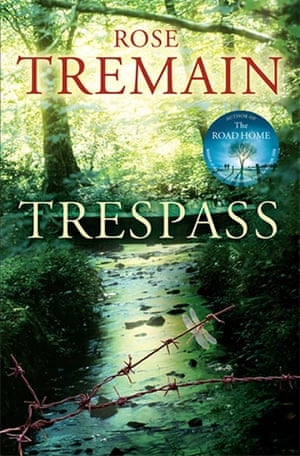 |
| The UK Film Council should have promoted riskier projects rather than looking to recreate films like Four Weddings and a Funeral. |
Scrapping UK Film Council may be good for British cinema
Innovative film-makers have fallen by the wayside in the search for box-office success. This is our chance to rethink UK cinema
Daniel TrillingTuesday 27 July 2010
Whichever way you look at it, the announcement by the culture secretary Jeremy Hunt that the UK Film Council is to be abolished makes for uncomfortable reading. The organisation, which employs 75 people, has funded over 900 productions since its formation in 2000. Andrew Pulver, over at the Guardian's film blog, rightly describes the announcement as a "hammer blow" to the country's film industry, one that seems particularly bizarre as it was one of the few areas of the arts that actually saw a return on its investment. While the government has said it will continue to make lottery money available for films, it is not clear who will distribute this money, or how it will be distributed.
We should not, though, let the shock of this announcement stop us seeing the shortcomings as well as the successes of the movie-making culture fostered by the UKFC in its 10 years of existence. A key element of Labour's arts programme, the organisation took its structural cue from the City, with executive salaries well above the industry norm. Using a mix of lottery money and direct government subsidy, the UKFC has spent more than £300m – and the tax credit system it promoted has indeed enabled a commercial renaissance.
Yet, as Ryan Gilbey argued in the New Statesman last year, the industry has become hooked on recreating hit films modelled on the likes of Four Weddings and a Funeral or The Full Monty. From Bend it Like Beckham to Calendar Girls to Slumdog Millionaire, the tendency has been towards feelgood, aspirational stories (not unlike the sentiments expressed in New Labour's theme tune Things Can Only Get Better, in fact) aimed at a primarily American audience.
This is where an enlightened funding body should step in to promote riskier projects, but the box-office successes have arguably come at the expense of more innovative film-making. According to the critic and producer Colin MacCabe, the UKFC's "aggressive commercial strategy" has frequently stifled creativity. Organisations like the British Film Institute Production Board, which funded experimental films, were abolished to make way for it, and the UKFC has often insisted on having the final cut on films it funds.
The past decade has not been a creative desert – Andrea Arnold's Fish Tank and Steve McQueen's Hunger are wonderful examples of daring British films with political bite and potential mass appeal. But the praise deservedly showered on their directors also serves as a reminder that others have been allowed to fall by the wayside.
Take Andrew Kötting, a unique British talent whose latest film, Ivul, is receiving positive reviews. The project, which was almost abandoned when Kötting failed to find the money to film it on the Scottish island of Jura, is a French production, filmed in France and featuring French actors. No bad thing in itself, but Kötting is an established director. How many promising young film-makers have seen their dreams stifled by the same lack of foresight?
In the long run, this week's announcement could be good news for British film. Money is likely to be tighter, but there is an opportunity at least to rethink what kind of films we want to emerge from Britain in the years to come. It is encouraging that the government is now looking to work directly with the BFI, whose chair, Greg Dyke, has already fought hard to maintain the independence of his organisation.
Reasons for optimism are slim, however, as we must see this in the context of the coalition's ideologically driven attack on public spending: in the culture department alone, 54 other bodies will be abolished, merged or "streamlined". Hunt has already stated that he wants private donors to take a much greater role in funding the arts, which suggests that the commercial imperative for film-makers could become even stronger. Seeing one of the UK's major arts bodies abolished at the stroke of a pen is scary indeed – but so is the thought that we might come to look back on the past decade as some sort of golden era for British cinema.

















